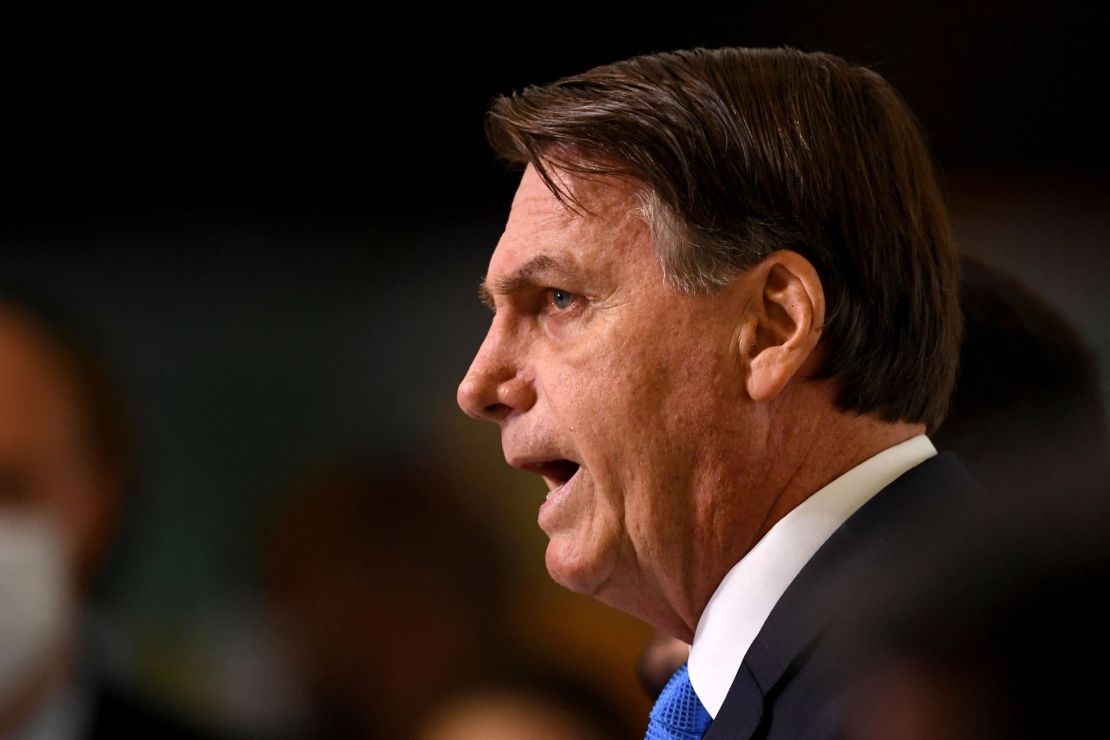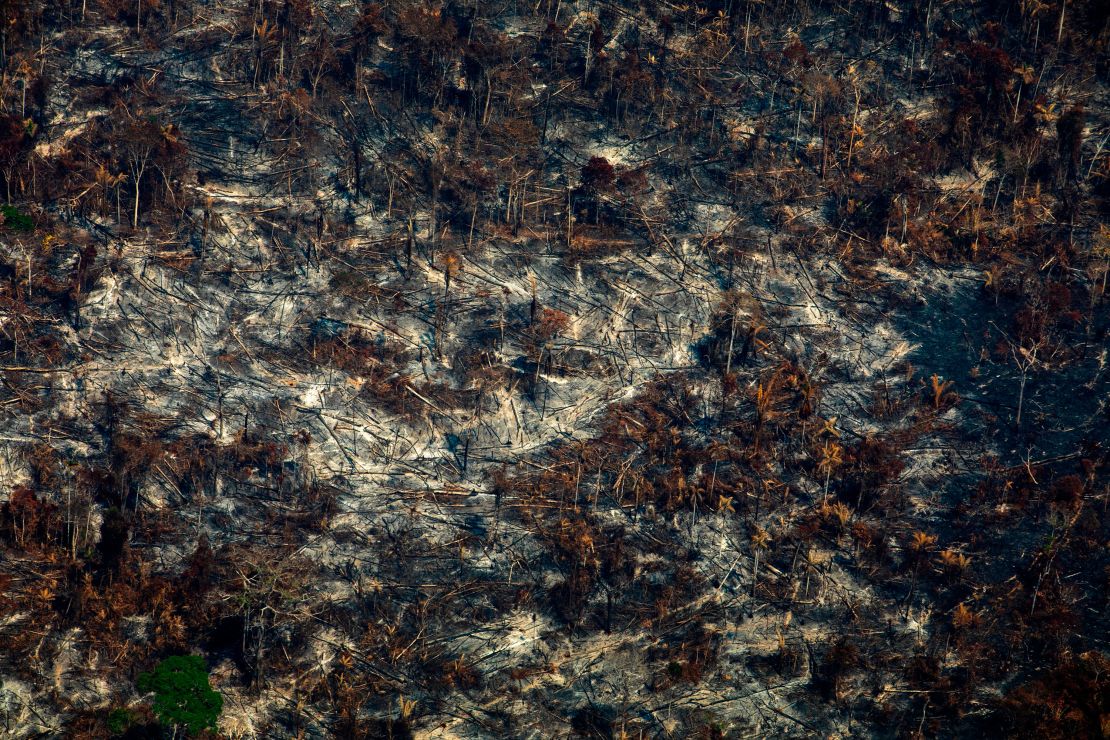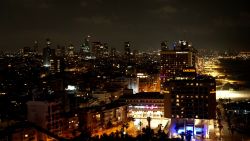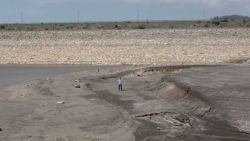World leaders meet virtually on Thursday to discuss climate issues in a summit convened by US President Joe Biden. Most highly anticipated perhaps is what the leaders of some of the world’s most environmentally consequential countries – including Brazil, China, India – have to say. But critics ranging from Brazilian environmentalists to American celebrities are warning the world not to listen to one: Brazil’s Jair Bolsonaro.
As President of Brazil, Bolsonaro controls one of the most biodiverse countries in the world, with 19% of the world’s remaining primary tropical forest, according to the UN Food and Agriculture Organization (FAO). Brazil is the fifth largest country in the world and a vast 59% of its territory is covered by forest, much of it the Amazon – which works as an “air conditioner” for the entire planet, influencing global temperature and rainfall patterns, and absorbing carbon dioxide.
For a while, Brazil was considered a model for the world in certain environmental indicators. According to the National Institute for Space Research (INPE), from 2004 to 2013 the country reduced its annual deforestation by nearly three quarters, and in signing the Paris Agreement in 2015, committed to cutting emissions 37% by 2025.
But those trends are reversing under Bolsonaro.
Since the bombastic “Trump of the Tropics” took office, both deforestation and emissions are increasing, the INPE said. Meanwhile, Bolsonaro’s Environment minister Ricardo Salles has taken some peculiar positions, considering his title: Precisely one year ago, on April 22, 2020, Salles was infamously recorded advising the President to take advantage of Covid-19 pandemic to weaken regulations. Now, the Brazilian Supreme Court is weighing whether to open an inquiry into allegations that Salles obstructed an investigation by Federal Police into illegal logging in the Amazon. In response, the Environment Ministry told CNN Brazil, “The answer will be given in court.”

Nevertheless, earlier this month the Brazilian President sent a letter to Biden, vowing to work towards a zero deforestation rate in 2030 in Brazil – a declaration praised as “important” by US Climate Envoy John Kerry.
A wave of skepticism followed. Climate activists, civil society groups, and state-level officials wrote to the US government asking to establish direct partnerships without the President. Fifteen Democratic senators including Elizabeth Warren, Bernie Sanders and Patrick Leahy told Biden to be wary that Bolsonaro was “using climate-friendly rhetoric, without concrete results.” Even Hollywood got involved, with actors including Jane Fonda and Katy Perry co-signing a letter with Brazilian artists like Caetano Veloso and Gilberto Gil that demanded Biden not strike a deal.
Such critics fear any deal struck between Brazil and other nations to protect the environment will embolden the Brazilian President, while initiatives that erode environmental protections continue apace, like legislation to regularization public land stolen by land grabbers and legalize illegal mining and large scale agriculture on indigenous lands.
At the heart of the divide is this: Can Bolsonaro be taken at his word on protecting the environment?
Bolsonaro’s office and the Environmental Ministry did not respond to requests for comment by CNN.
‘The Amazon is ours and we are going to develop it’
The Brazilian government has defended its environmental record as sufficient, and emphasized the country’s economic welfare as key priority. In a video published on his social networks in September last year, Bolsonaro boasted that Brazil protects its environment, but argued the Amazon region is in need of economic development for the welfare of residents.
“Brazil is the country that most preserves the environment. The Amazon is ours and we are going to develop it. After all, there are over 20 million Brazilians who cannot be left behind. Congratulations to everyone on the day of our Amazon. Amazon will be more and more Brazilian,” he said.
On April 19, his Vice President General Hamilton Mourão told a press conference that Brazil was already doing its part for global environmental efforts and didn’t have to “beg” for funds at the climate summit in order to do better. “We don’t have to be a beggar there. Let’s put it very clearly: we have our responsibilities. Brazil is responsible for only 3% of emissions in the world,” declared Mourão.
Environment minister Salles has told Brazilian press his intention for the Climate Summit is to ask for foreign aid of 1$ billion per year from the US and other partners to help Brazil halt illegal deforestation. (The Biden administration has not made sign of offering new funds or support to Bolsonaro for climate action.)
But it’s not clear that financing issues alone are behind the Brazilian government’s lackluster environmental protection record. The Environment Ministry hasn’t yet spent already available funds to combat deforestation: Salles did not employ a third of the money intended for fighting deforestation in the Amazon that have been available since April 2018. The program ended this April and the fund returned to the Economy Ministry.
In other ways, the Environment Minister has actually made environmental protection enforcement harder, according to officers tasked with the job. An April 19 letter signed by over 600 environmental officers from the Institute of Environment and Renewable Resources (Ibama) and the Ministry’s conservation arm (ICMBio) said they had been “paralyzed” by recent orders halting the processing of new fines and decreasing field agents’ powers to issue fines for environmental violations. The Environment Ministry did not respond to a request for comment.
Over the past two years, the Bolsonaro administration has also opened the door to increasing deforestation and emissions.

Earlier this month, Mourão announced the Bolsonaro administration’s first-ever official goal for fighting deforestation in the Amazon: a 2022 deforestation rate 16% higher than it was the year before Bolsonaro took office, though less than the current level of destruction – INPE estimates 11,088 square kilometers were lost to deforestation in 2020.
The 2022 target has been described as “very modest” by leading Brazilian climate research Carlos Nobre, while Marcio Astrini, head of the Brazilian environmental advocacy network Climate Observatory, panned it as a confession to “environmental crime.”
Most of the deforestation in Brazil is due to deliberate land clearing. Mining alone has deforested 405.36 km² of the Legal Amazon in the last five years, an area larger than the city of Denver, data from INPE shows. And with deforestation come emissions. Heat-trapping gases are released when primary forests are cut and fires set to clear the earth for other uses, according to Climate Observatory.
Brazilian’s latest update to its climate goal for the Paris Deal also allows it to emit more carbon than previously agreed, using an outdated methodology for calculating emissions – which would allow more greenhouse gas to be emitted without changing the original percentage reduction goals.
In October, Brazilian released an improved version of the calculation, correcting certain flaws in the previous version that over-estimated the deforestation rate. But according to a study by researchers at Minas Gerais Federal University, Brazil’s environment ministry has kept using the outdated method as recently as December.
Environmental services researcher Raoni Rajao and his colleagues of Brazilian Minas Gerais state Federal University (UFMG) say the outdated methodology allow Brazil to emit 400 million tons more of greenhouse gas than promised when Brazil first signed the Paris Agreement. The Environment Ministry did not respond to a request for comment on this matter.
Carlos Rittl, senior fellow of the Institute for Advanced Sustainability Studies of Potsdam, Germany, says that given the last two years, Brazil will participate in the Climate Summit “with nothing to show” as proof of its commitment to the environment.
“The government wants to present a photo of a deforested forest and sell it as sustainability,” he told CNN.




















